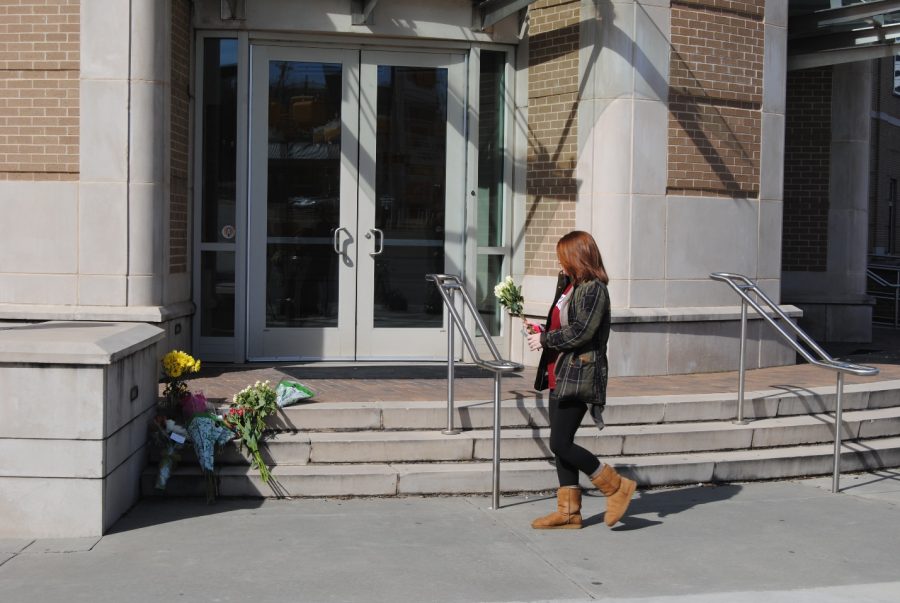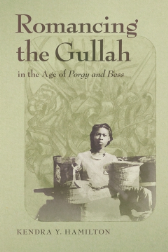A Crime of Passion: USC Shooting
Students and members of the USC community leave flowers in front of the Arnold School of Public Health where the shooting occurred last Thursday, February 5.
February 12, 2015

Last Thursday, February 5, multiple gunshots were heard inside an office of the University of South Carolina’s School of Public Health building. According to SLED officials, the victim was Dr. Raja Fayad, a well-loved Lebanese medical doctor who was an associate professor and head of colon cancer research at USC. The killer, Fayad’s ex-wife Sunghee Kwon, shot Fayad multiple times with a 9mm handgun before turning the gun on herself. The two had divorced, but still shared a home until recently, which may have contributed to the incident, although no information has surfaced to confirm this (WIS-news).
For many students, college can be a time of growth and learning, first loves, personal loss and a time to begin building their future identity and selves. The shooting at USC, like any communal loss, can shake a student’s sense of stability and security in what lies ahead. When lives are at risk, the lofty goals and aspirations that institutions of higher learning often foster are abruptly put on hold when faced with immediate danger. Students can mourn together for the loss, but the after-effects of fear and vulnerability can have an even greater impact. This particular incident at USC only involved professors, but this doesn’t keep students from feeling equally at risk as they recall past incidents such as the Sandy Hook Elementary shooting of 2012 or the Virginia Tech shooting of 2007, both of which targeted teachers and students. It can leave the entire campus community wondering if anyone is safe.
It is not just those students who attend the School of Public Health that feel affected by the loss of Fayad, but all the students on USC’s campus and students across the state. Many students here at PC have relatives, friends, colleagues, and acquaintances that attend the Columbia campus of USC and were equally concerned and affected by the news that there was a shooting on the campus. The story made national news, with networks like CNN posting reports about the incident. This national coverage alarmed students across the country, and left many students questioning what they would do if a shooting occurred on their campus.
Although state law enforcement and campus safety offices work very hard to lessen the probability of these tragic events occurring, they cannot always be prevented. The best way for students to feel safe and in control of their learning environment is to be educated on how to respond in these kinds of situations. Students should be aware of campus safety information and emergency protocols for their school so they feel prepared and can reach safety in an emergency situation. To learn more about the emergency contact numbers and safety protocol for PC, visit the Campus Police Office’s website at the link below or contact Larry Mulhall, head of campus safety, directly at [email protected].
*Facts verified by WIS News and SLED, for more information on their reports visit the links below.
WIS: http://www.wistv.com/story/28037026/sled-two-in-usc-murder-suicide-were-in-long-term-relationship
SLED: http://www.sled.state.sc.us/sled/default.asp?Category=main&Service=ListNews
photo credits:
http://coladaily.com/2015/02/07/usc-president-harris-pastides-calls-for-domestic-violence-prevention-in-wake-of-shooting/
http://www.dailymail.co.uk/news/article-2942243/Lebanese-cancer-specialist-shot-dead-University-South-Carolina-murder-suicide-recently-moved-stormy-relationship-girlfriend-according-neighbors.html





